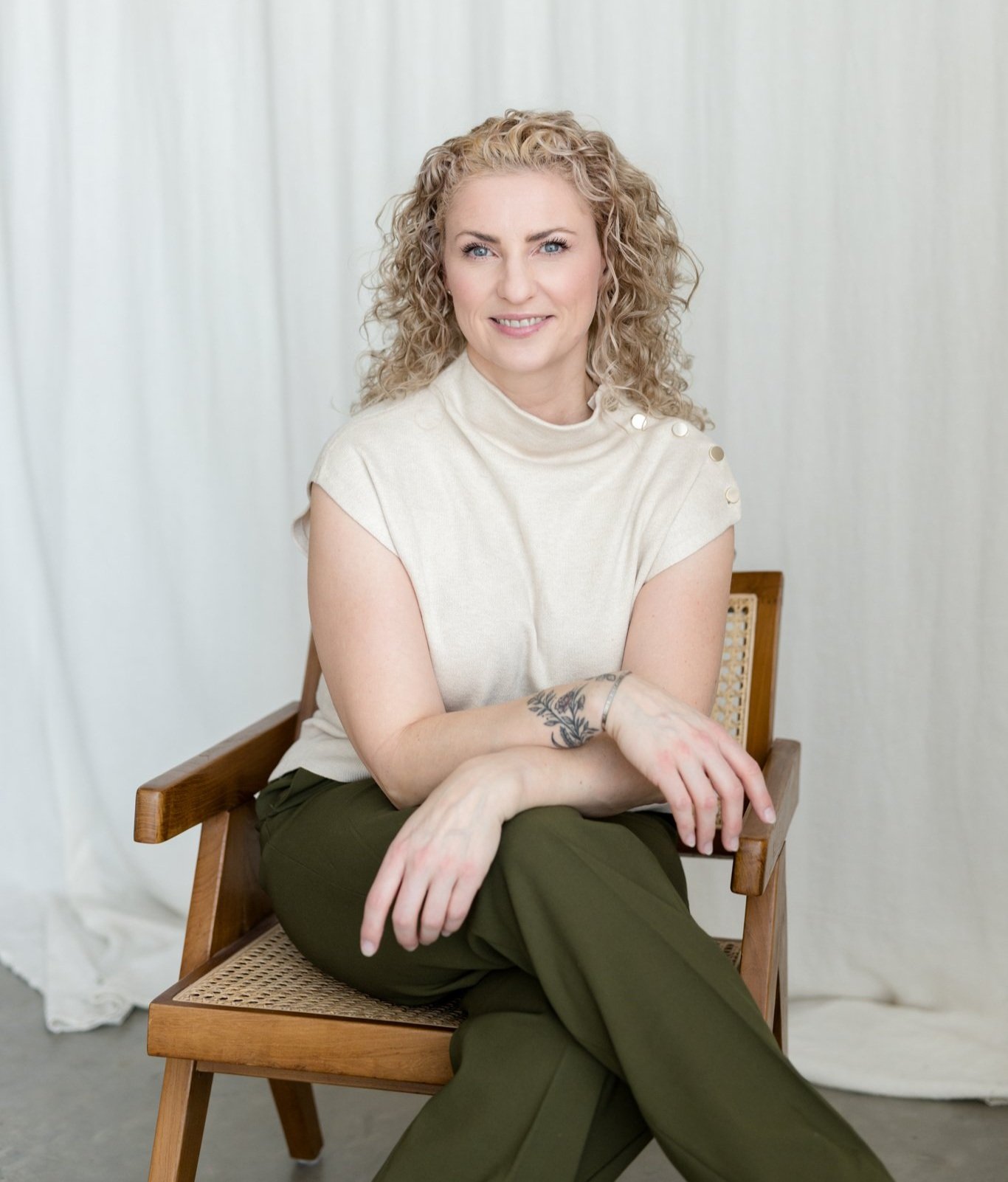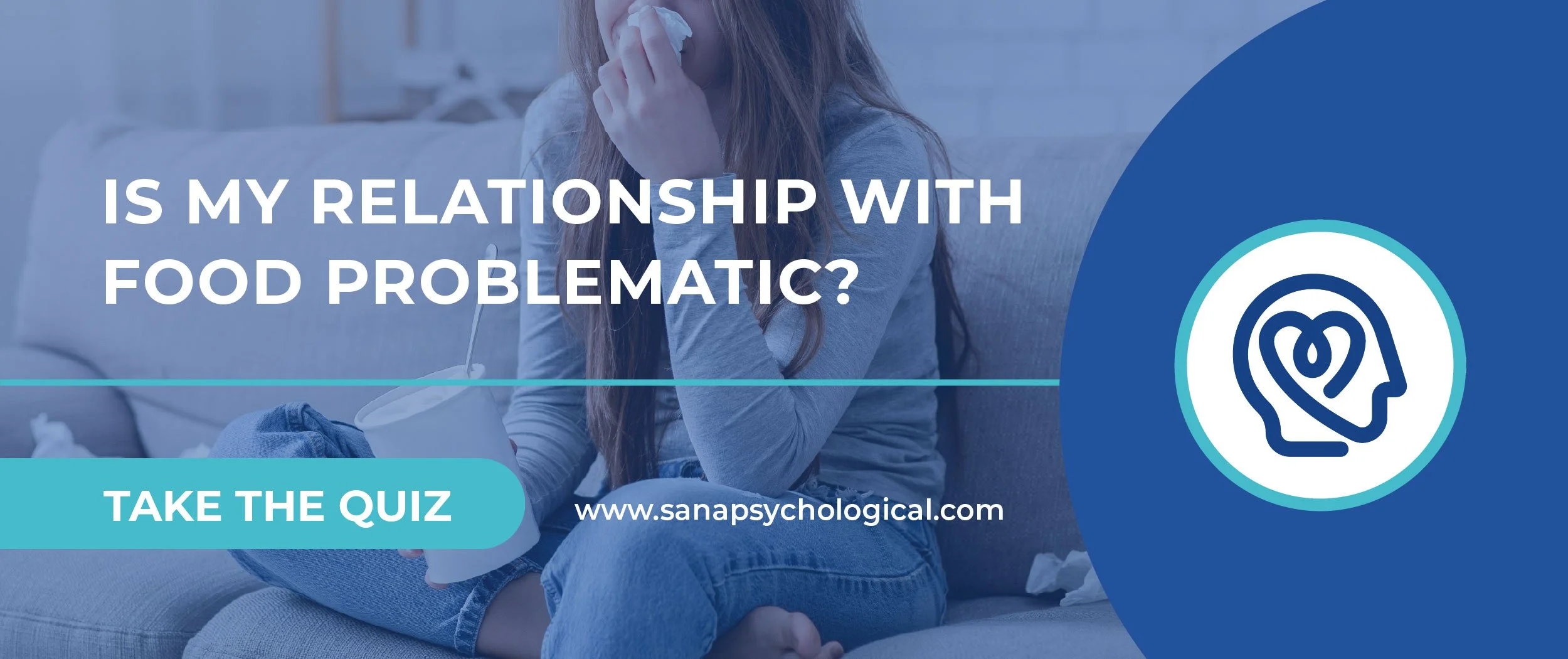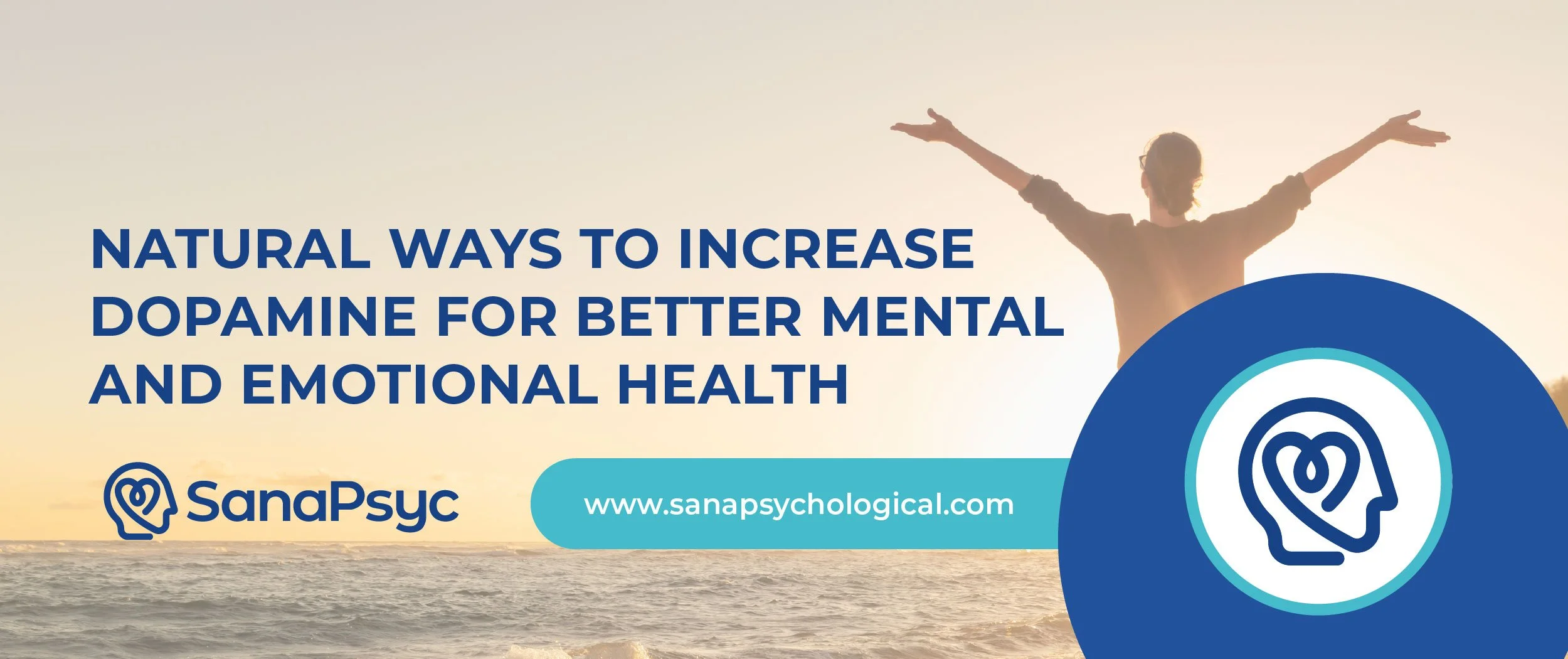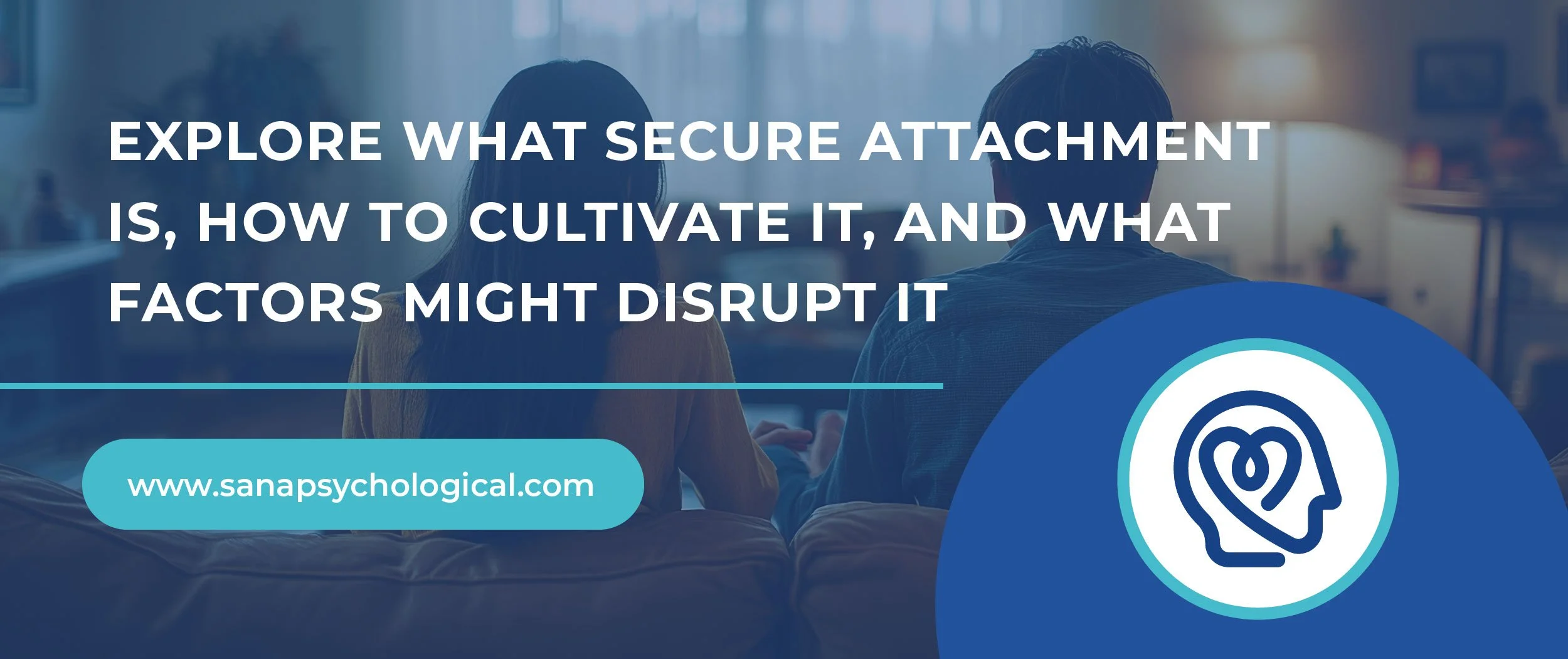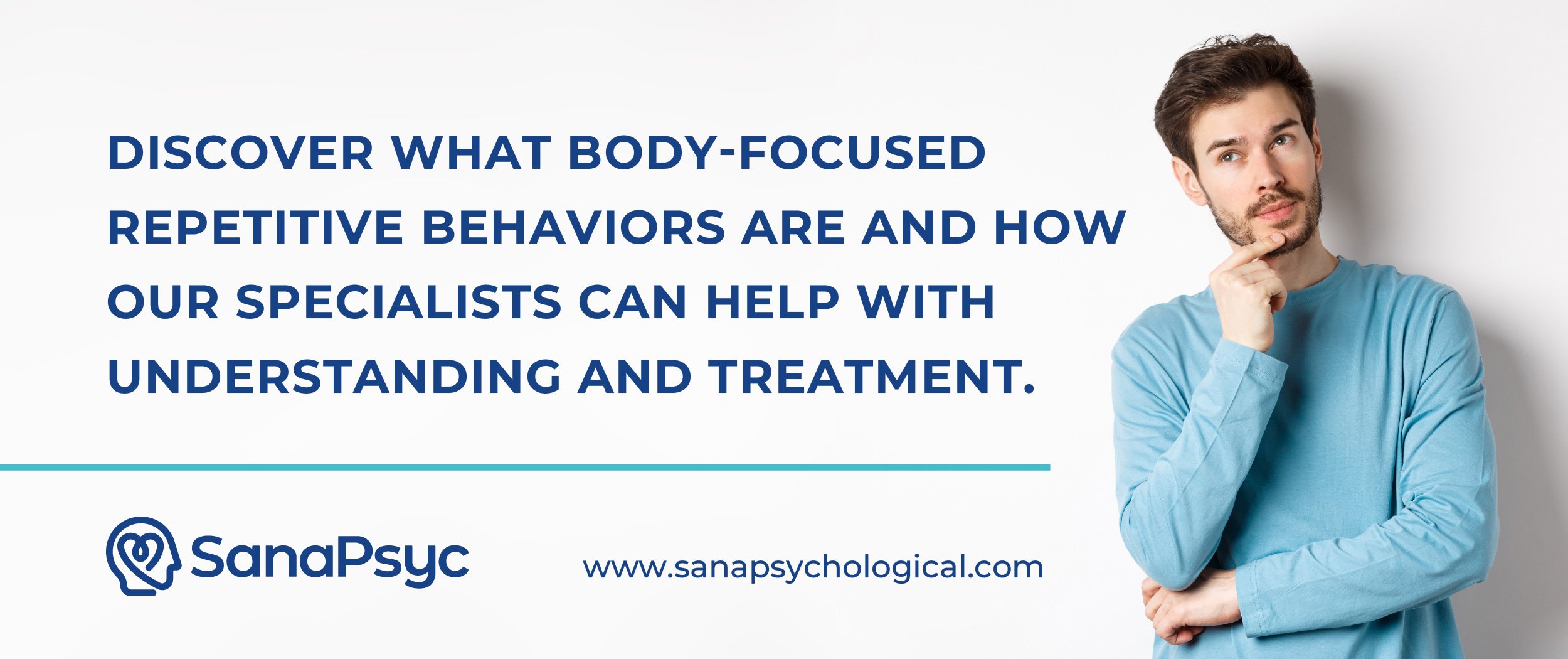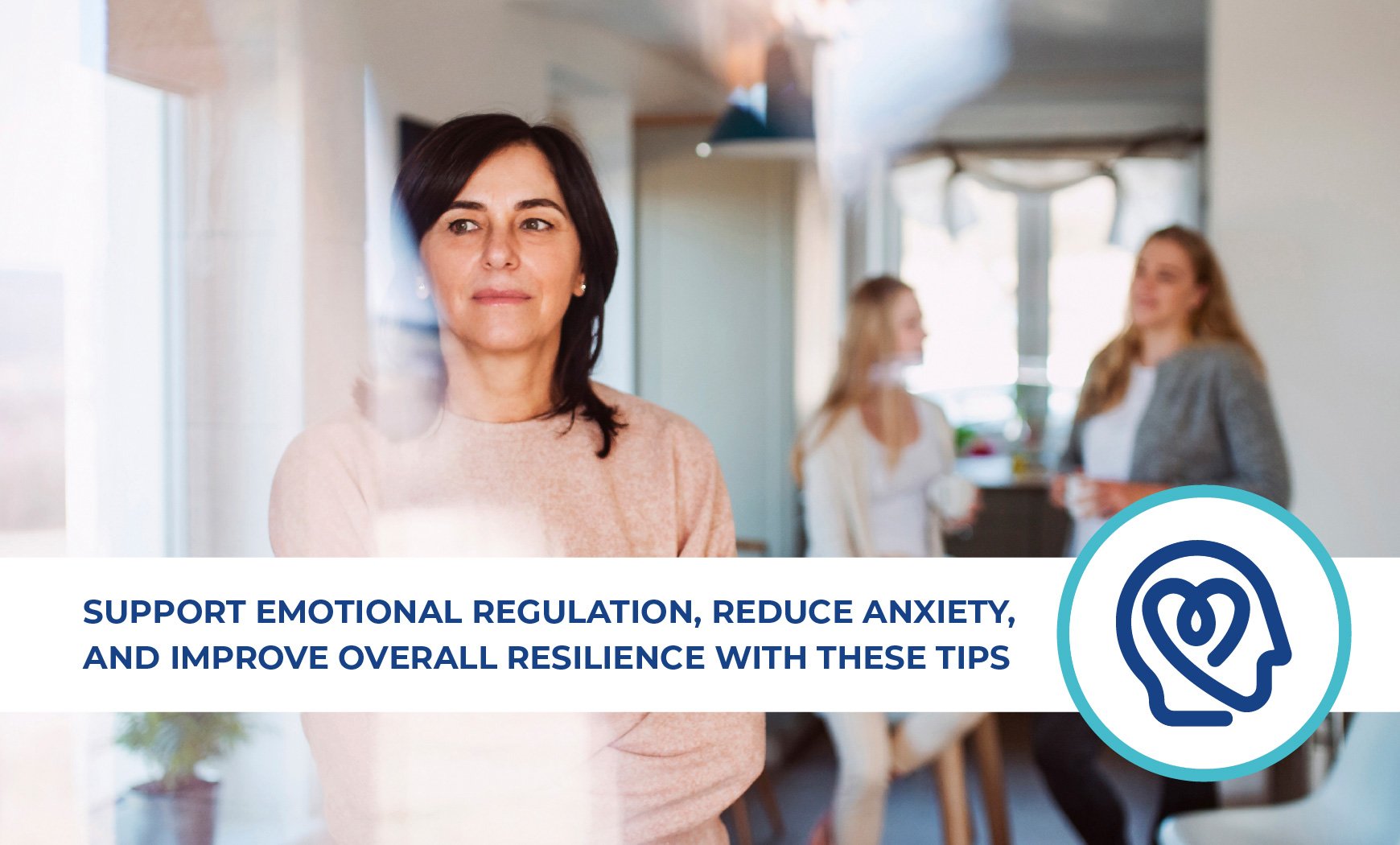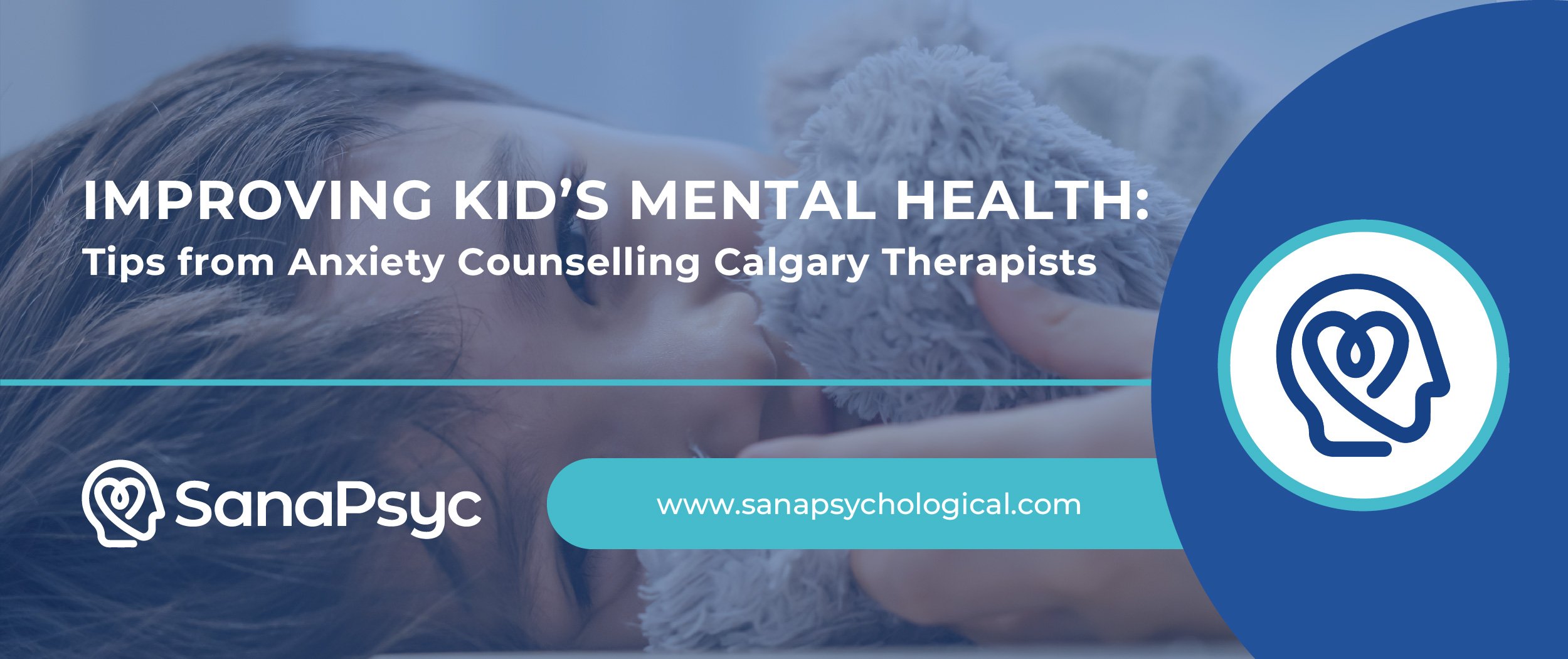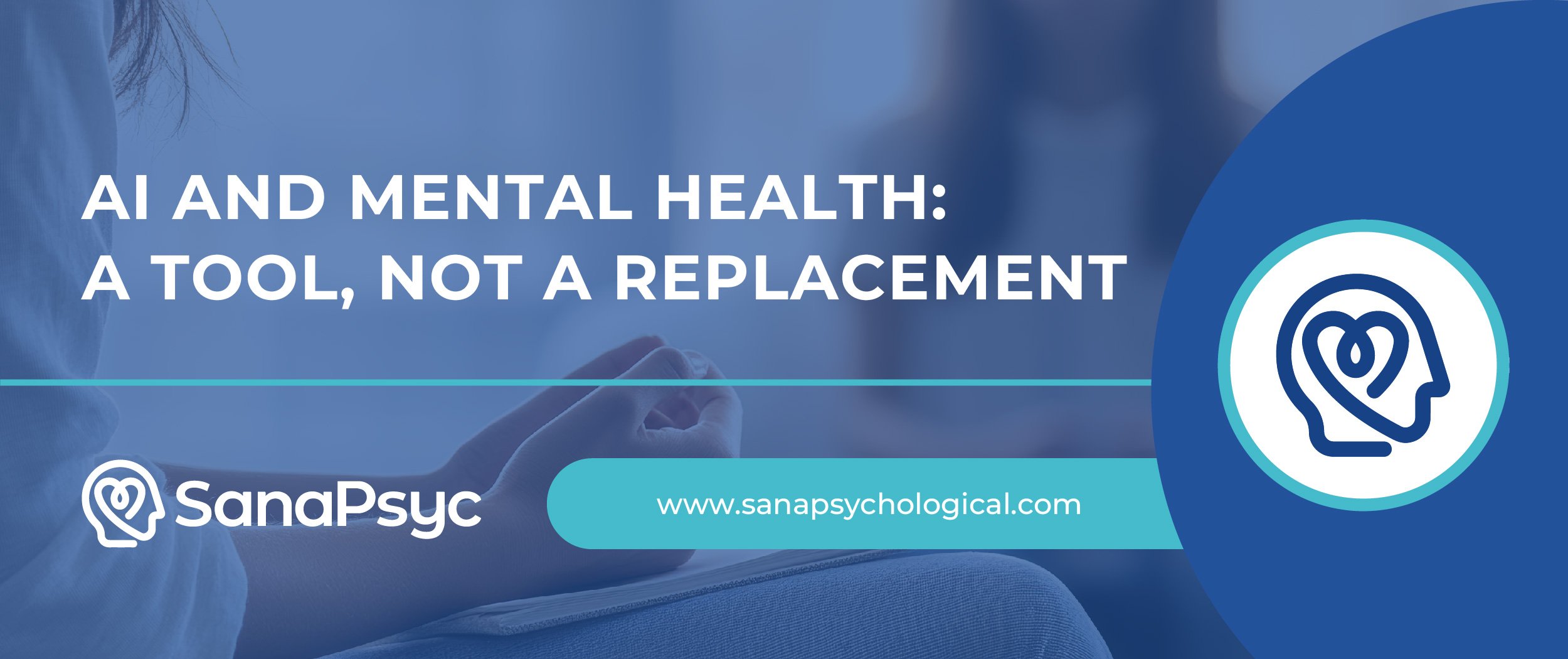What is Anxiety Counselling Calgary?
Find Peace and Freedom from Anxiety
Fear of the future, “what ifs”, harm coming to others, anticipating disaster, panic, difficulty with sleeping, Obsessive-Compulsive Disorder (OCD), and more are all symptoms of anxiety. Sound familiar? If you’re tired of being held back by these, let us support you with anxiety counselling Calgary.
Anxiety Counselling Calgary is here to help you find inner peace, calm, and freedom from the worries that are currently holding you back. Fear is a natural, evolutionary response designed to keep us safe, but at times, it can cross a line into unhealthy, unproductive symptoms that create great distress and have a negative impact on a person’s life.
Anxiety Counselling Calgary is a combination of emotional processing in a safe, non-judgmental environment, combined with tools, skills, and strategies that you can implement to support yourself in managing your anxiety.
When Do You Need Anxiety Counselling Calgary?
Is It Time to Take Control of Your Anxiety?
Anxiety Counselling Calgary can be accessed when symptoms are at their worst, when you feel like you’re in a good spot but want to be proactive about the future, or to help you determine the nature and extent of your symptoms.
We’ve developed this quiz for you to get a rough sense of whether or not Anxiety Counselling Calgary is an appropriate focus for you. Please be aware that this self-check is not a replacement for professional assessment or diagnosis.
Not sure if you’re ready?
Why You Could Benefit from Anxiety Counselling Calgary
Are You Tired of the Constant Worrying?
We know how limiting, frustrating, and tiring living with anxiety can be. Anxiety counselling Calgary is offered by professionals using modern, evidence-based methods that are tailored to you and your specific needs to support the reduction of anxiety at a cognitive, physical, emotional, and behavioral level.
You can benefit from anxiety counselling Calgary if you are noticing that life feels harder and less enjoyable because of anxiety. Counselling can offer more perspective, awareness, and coping strategies to help empower you and improve your overall quality of life.
What does Anxiety Counselling Calgary support look like for you?
You can expect the anxiety counselling Calgary process to be gentle, safe, and practical. The first few sessions will involve an exploration of who you are, the challenges you are here to address, past counselling experiences (if any), and identification of goals.
Your therapist will bring in their own personality and style to each session, which can include different therapeutic techniques, grounding exercises, structure vs. flexibility, and humour as appropriate.
What we can ensure is that your therapist has your best interests in mind, that your safety and health is their #1 priority, and that they will do anything they can to offer tools, strategies, and support to promote change in your life.
With anxiety counselling Calgary, our mission is to reduce the impact that anxiety is having on your life and support you in feeling happy, joyous, and free.
What is OCD Counselling Calgary?
Finding Freedom from Obsessive-Compulsive Disorder (OCD)
You may be here because you know or suspect that your anxiety is taking the specific form of Obsessive-Compulsive Disorder (OCD). OCD is a type of anxiety condition where a person experiences uncomfortable, uncontrollable, and recurring thoughts (obsessions) and/or engages in repetitive behaviours that are intended to bring a sense of calm, control, and soothing (compulsions).
The obsessions and compulsions can take many different forms and may have themes to them, such as physical health, sex, self-harm, or safety.
OCD Counselling Calgary involves exploration of triggers, symptoms, and coping, with a focus on slowly disengaging and freeing yourself from obsessions and/or compulsions. Therapy is a gentle process meant to empower you to have different ways to navigate stress, emotions, obsessions, and compulsions.

Why You Could Benefit from OCD Counselling Calgary
Could OCD Be Controlling Your Life?
OCD Counselling Calgary can offer peace of mind as you find more freedom from the thoughts and actions that are part of OCD. If you are finding that your life is being taken over by these thoughts and/or behaviours, you deserve more freedom and energy to focus on the parts of your life that you care most about.
OCD Counselling Calgary is available for those who are struggling directly with OCD symptoms, as well as family and loved ones who are supporting and/or being impacted. OCD counselling for loved ones often involves a focus on boundaries, communication, how to be a healthy support, your own self-care, and processing your feelings.
-
Is It Time to Seek Support for Your OCD?
If you have already been diagnosed with OCD or suspect that you have OCD and are interested in additional support, then this may be the time to explore OCD counselling Calgary.
You do not need a referral, diagnosis, or anything beyond willingness and curiosity to meet with our therapists and start on your journey of change. We are here to support you with emotional processing, information, awareness, and strategies wherever you are in your life.
-
Practical and Compassionate Support for OCD
The OCD counselling Calgary journey will be similar to the anxiety counselling Calgary journey in general, with a focus on safety, comfort, and practical support. With OCD, there are some different evidence-based therapies, such as Exposure and Response Prevention, that can be used in addition to therapies like Cognitive-Behavioral Therapy, Dialectical Behavior Therapy, and more. These therapeutic modalities are used thoughtfully and carefully to support your specific needs and goals.
Meet Your SanaPsyc Anxiety and OCD Counselling Experts
Frequently Asked Questions
-
No, you do not. You are welcome to come and participate in anxiety counselling Calgary whether you have an official diagnosis or not. For some people they self-identify as having anxiety and are not interested in an official diagnosis. If this is you, our therapists will happily work on getting to know you, your experience, and your goals to support you in improving your life. You are welcome at any age or phase of life. We are here to help with all of it.
-
Absolutely. We appreciate that health is multi-faceted and that anxiety counselling is one aspect of the care and support you need and deserve. We are here to help you navigate life differently and will approach your current and past treatment with gentle curiosity to see how it fits into the picture of your life. We are here to learn in order to support your growth and evolution.
-
No. At this time we are a treating clinic and can support you in learning to work with and navigate your symptoms and experience through anxiety counselling Calgary. We do not offer formal assessments or diagnose mental health conditions. If this is what you are looking for, we recommend finding a psychological assessment provider who can provide the service that you are interested in.
-
In the first few sessions you can anticipate that your therapist will welcome you and get to know you by gently exploring various aspects of your life and experience. In follow-up sessions, anxiety counselling Calgary sessions will focus more on your specific goals with discussion and interventions tailored to this. Most of our therapists use talk therapy and they may combine this with in session mindfulness practice, emotional regulation, or other techniques that would be appropriate in your situation. You can anticipate sessions to be a place to share and process feelings as well as learn about how to support yourself. Hopefully you will come away from most sessions feeling lighter and empowered. We recognize that anxiety counselling can bring forward uncomfortable and heavier feelings too, however, so sometimes you might come away feeling more emotion but you and your therapist will talk about how to take care of yourself in this space and where this is coming from.
-
That is a great question and the answer varies from person to person. Typically for dealing with an immediate experience or acute situation, people find benefit from 3-6 anxiety counselling sessions. If you are here to address longstanding anxiety and/or if anxiety counselling begins to bring in other aspects of life, mental health or relationships then the process may be longer. Some people enjoy and find benefit in coming in regularly for anxiety counselling check-ins, whether that be every 1-3 months, for ongoing support. We are happy to help you short or long-term, depending on your needs and preferences.
How You Can Access Support for Anxiety Counselling Calgary & OCD Counselling Calgary
Ready to Start Your Healing Journey?
Booking an appointment for anxiety counselling Calgary or OCD counselling Calgary is easy! We make the intake process simple, with easy access to information and appointment booking. If you have any questions or would like more information, our intake coordinator is available to talk further with you.
Online booking is available 24/7
No referral required
Direct billing available (depending on your chosen provider)
Free resources available for anxiety and OCD recovery support
Have additional questions? Contact us anytime! We're here to help guide you on your journey to healing.









